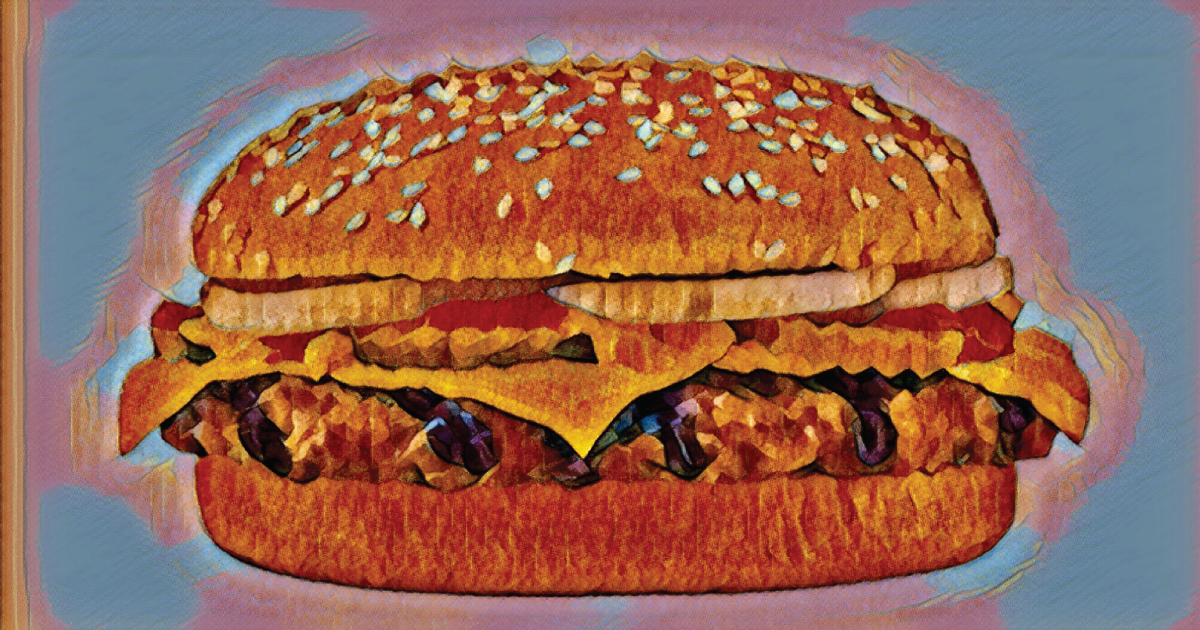
The Ultimate Mystery Meat
Burger King, the world's second largest burger chain, sells 11 million Whoppers, Crispy Chickens Jr., Bacon Kings and other sandwiches every day. But what is the environmental impact of producing all of this meat? Burger King provides almost no information on how its meat is produced, or whether the food that goes into its meals is produced in an environmentally and socially responsible manner.
September 5, 2019 | Source: Mighty Earth | by Marisa Bellantonio
Exposing the Secrets Behind Burger King and Global Meat Production
Burger King, the world’s second largest burger chain, sells 11 million Whoppers, Crispy Chickens Jr., Bacon Kings and other sandwiches every day. But what is the environmental impact of producing all of this meat? Burger King provides almost no information on how its meat is produced, or whether the food that goes into its meals is produced in an environmentally and socially responsible manner.
To be sure, Burger King isn’t the only company whose lack of policies and practices are driving large-scale environmental problems. Both the fast food industry and other meat sellers, like supermarkets, get their raw materials from many of the same questionable sources as Burger King. But given its size and scale, extensive connections to other major food companies, and seeming unwillingness to even start to address the challenge, it provides a fitting vehicle to tell the story of the global meat industry.
